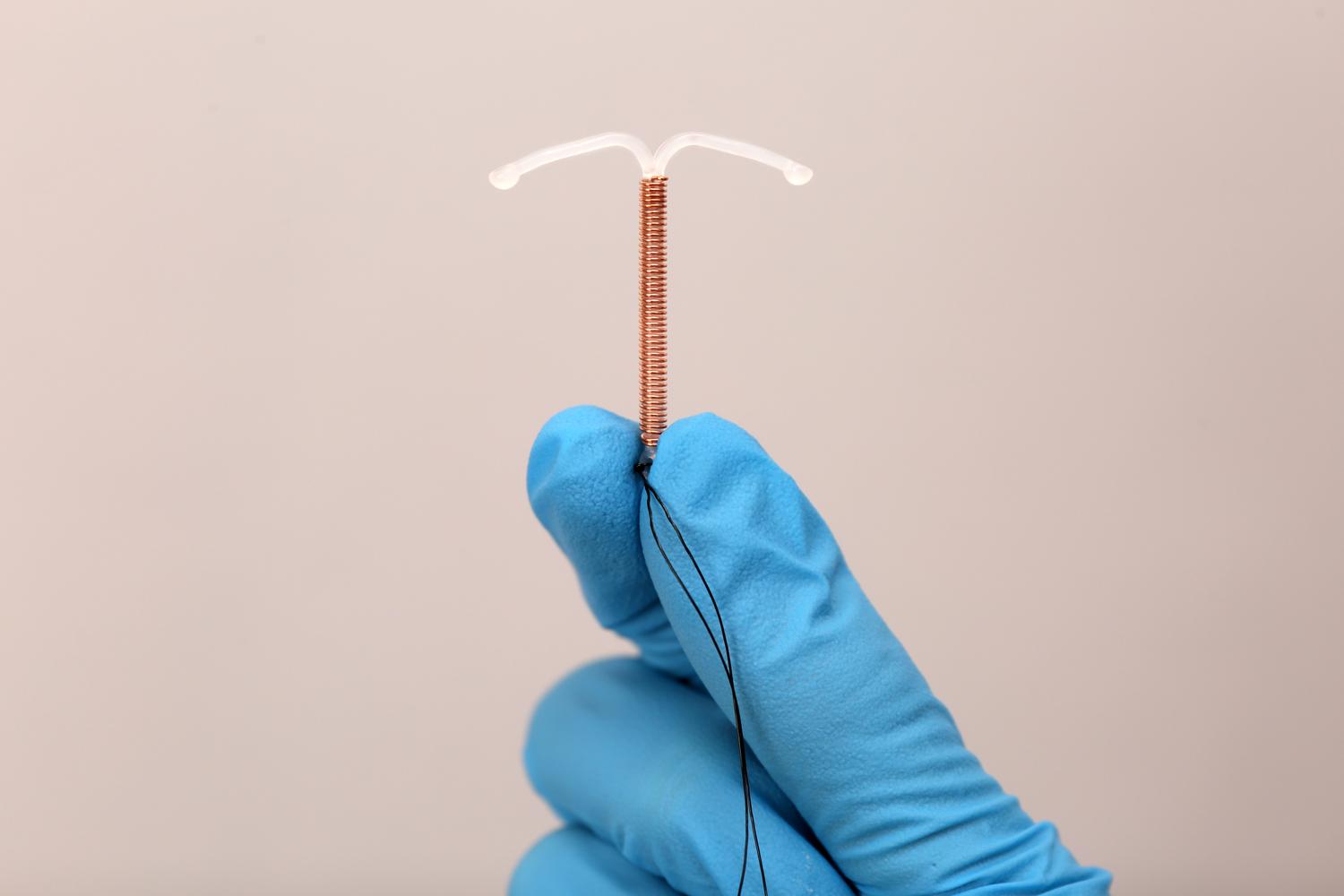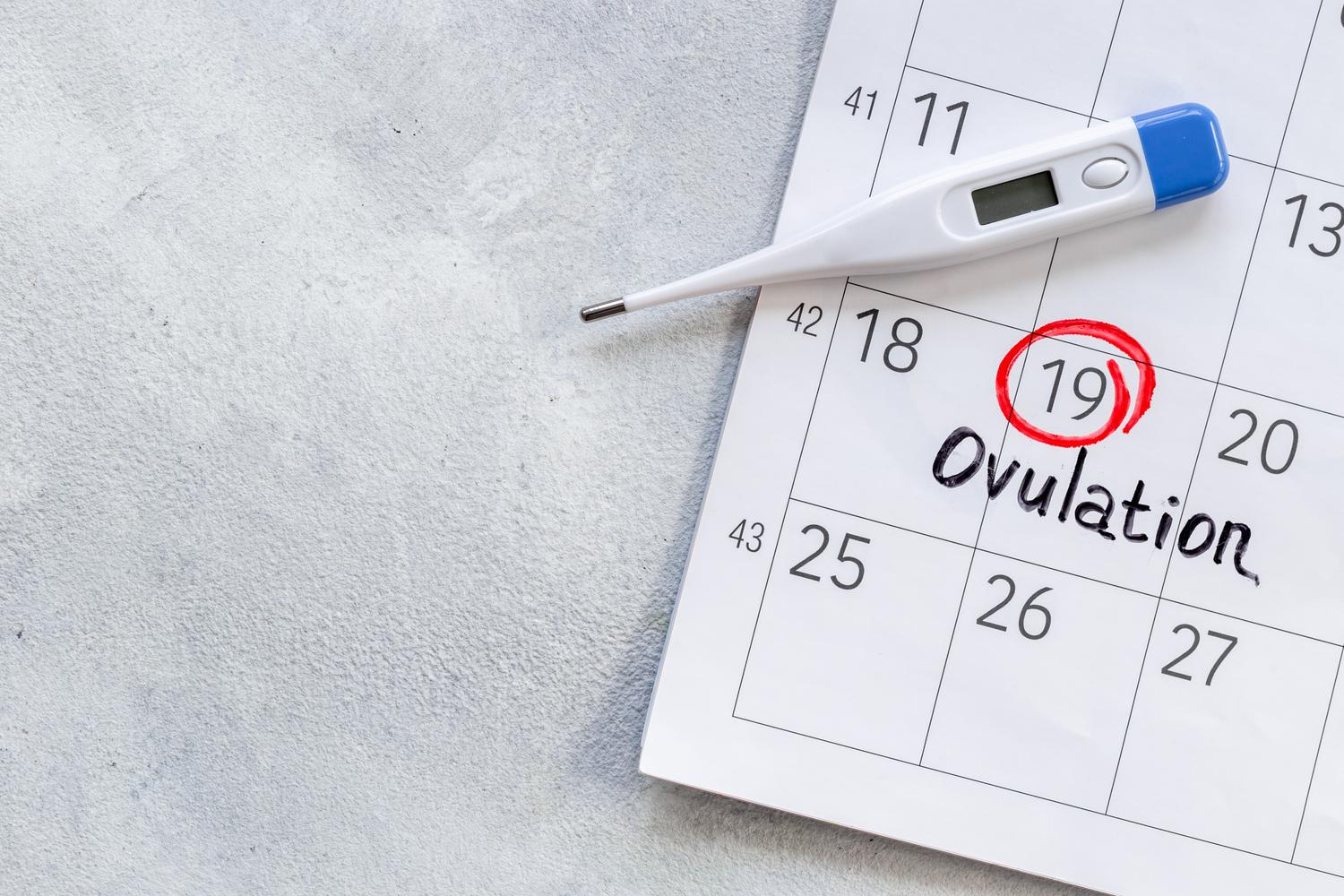Birth Control Pills: Uses, Types, and Side Effects
A complete guide to birth control pills
What are birth control pills?
Birth control pills are oral contraceptives used to prevent pregnancy. These drugs are sometimes known as “the pill,” as they are commonly supplied as an oral tablet taken once a day. Birth control pills are among the most effective methods of birth control. When taken correctly, this form of birth control is 99% effective at preventing pregnancies.
Birth control pills contain hormones that prevent pregnancy. Different types of pills will contain various formulations of these hormones. While all hormonal birth control will help prevent pregnancies, different types of birth control pills will offer multiple other benefits. Some women take oral contraceptive pills for other medical conditions or reproductive health considerations. In addition to preventing pregnancy, birth control pills can help regulate menstruation, prevent anemia, improve acne, lessen the risk of certain cancers, and more.
The FDA has approved birth control pills as a form of family planning. These drugs will not prevent sexually transmitted infections (STIs) or diseases (STDs). It is recommended that you include other safe practices (like condom use) in your sexual life in addition to birth control usage to protect against infection. In addition, birth control pills are more effective when you take them at the same time every day. Their efficacy diminishes when you forget to take a pill every day or if you take the pill at a different time every day.
How do birth control pills work?
Birth control pills are oral contraceptives used to prevent unplanned pregnancies. These pills contain hormones that inhibit ovulation.
Pregnancy occurs when a matured egg is released from the ovary and becomes fertilized by sperm that have traveled through the cervix. Once fertilized, this egg attaches itself to the uterine lining. The hormones that prepare an egg for fertilization make the uterus walls thick and squishy. This effect makes it easier for the egg to implant itself in the lining of the uterus. This implantation occurs a few days after fertilization (the meeting of sperm and egg). The collection of cells that begin to develop inside the uterus eventually becomes the embryo and placenta.
Birth control pills, patches, and vaginal rings contain hormones that inhibit the body’s natural hormonal release during this cycle. The hormones these drugs supply prevent ovulation (the process in which an egg is matured and released by the ovaries). They also thicken cervical mucus, which makes it harder for sperm to come into contact with an egg. If sperm is unable to meet an egg, pregnancy is virtually impossible. Finally, hormonal contraceptives also thin the uterine lining, making it harder for an egg to implant itself. These three mechanisms are extremely effective at preventing pregnancy. According to this CDC fact sheet, only 6-12 out of 100 women experience an unplanned pregnancy while taking birth control pills.
In addition to their use as a method of family planning, birth control pills have several auxiliary benefits. Health care providers may recommend birth control pills to:
- Regulate the menstrual cycle
- Lighten or lessen menstrual cramps and bleeding
- Prevent anemia
- Help prevent uterine cancer, endometrial cancer, ovarian cancer, and colon cancer
- Improve acne
- Reduce the symptoms of premenstrual syndrome
- Reduce symptoms of endometriosis
- Treat uterine fibroids
- Improve bone density
- Prevent unwanted hair growth
- Reduce migraines
These pills are more effective the more regularly they are used. Take your birth control pills at the same time every day. These pills must be taken every day to remain effective. If you stop taking them, you can become fertile shortly after the missed dose.
What are the different types of birth control pills?
There are primarily two classes of birth control pills.
Combination pills contain the hormones estrogen and progestin.
Progestin-only pills, or “mini-pills,” contain only progestin (a synthetic version of the hormone progesterone). Progestin is supplied in a lower dose in the mini-pill than in combination pills.
The type of pill you will be prescribed and the dosage of the pill will depend on your medical history and any current health considerations you are managing.
Combination pills are generally discouraged for use in women who:
- Have recently given birth
- Are older than 35
- Have blood clotting problems or are at risk of blood clots
- Have high blood pressure
- Have a history of stroke, heart attack, or heart disease
- Have a history of breast cancer
- Have a history of kidney or liver disease
- Have diabetes
Low-dose minipills are generally discouraged in women who:
- Have liver disease or liver tumors
- Have breast cancer
- Have unexplained vaginal bleeding
- Take anticonvulsant medication or medication for HIV/AIDS
Examples of combination birth control pills:
- Drospirenone/ ethinyl estradiol (generic for Gianvi, Loryna, Nikki, Ocella, Syeda, Vestura, Yasmin, YAZ, and Zarah)
- Norethindrone/ ethinyl estradiol (generic for Loestrin, Femhrt, Gildess, Jevantique, Jinteli, Junel, Larin, and Microgestin)
- Levonorgestrel/ ethinyl estradiol (generic for Amythyst, Alesse, Altavera, Amethia, Aviane, Camrese, Enpresse, Introvale, Jolessa, Seasonique, and Lessina)
- Norgestimate/ ethinyl estradiol (generic for Estarylla, MonoNessa, Ortho-Cyclen, Ortho Tri-Cyclen, Ortho Tri-Cyclen Lo, Previfem, Sprintec, Tri-Lo-Sprintec, TriNessa, TriNessa 28, Tri-Previfem, and Tri-Sprintec)
Examples of low-dose minipills include:
- Norethindrone (generic for Jencycla, Camila, Errin, Heather, and Jolivette)
Combination pill packs usually come with 21 active pills that contain estrogen and progestin. In addition to these active pills, a pack will contain 7 inactive pills. These inactive pills are usually taken during your monthly period. Extended-cycle pills are also available, in which there are only 3-4 breaks in the active pill dosing schedule throughout the year.
Minipill packs come with 28 active pills. All these pills contain progestin.
What are the common side effects of birth control pills?
Birth control pills have been shown to cause adverse reactions in some patients. The severity of these side effects will vary from person to person. Some patients may experience no side effects at all.
Common side effects of birth control pills include:
- Breast tenderness
- Abnormal menstruation (spotting)
- Headaches
- Nausea
- Irritability
- Weight gain
Combination pills have been linked to an increased risk of blood clots in some patients. This side effect is rare but serious. If you have blood clotting issues, talk to your health care provider before taking any birth control pills.
If you begin to experience a skin rash, hives, or difficulty breathing after taking a birth control pill, you should seek medical attention immediately. These are early signs of an allergic reaction–a potentially life-threatening medical emergency.
Before starting treatment with any form of birth control, talk to your health care provider about any medications or supplements you are taking. Birth control pills can cause potentially harmful drug interactions when used simultaneously with other medications or supplements (like St. John’s wort). You should also tell your provider if you are pregnant or are planning to become pregnant before starting treatment with blood pressure medication. Let your doctor know if you are currently breastfeeding before beginning treatment with birth control pills.
Do I need a prescription for birth control?
Yes. There are no FDA-approved birth control pills available over the counter.
Providers on Sesame can write a prescription – or refill an existing one – during a online or in-person visit. Depending on the medication, you can arrange for same-day pickup at a pharmacy near you. Book an online consultation with a real, licensed provider on Sesame today to determine whether or not birth control is right for you.
Looking for more information? Book a online birth control consult today to talk to a licensed health care provider about contraceptive options. We also recommend checking out Planned Parenthood’s online fact sheet for more material about birth control methods and their availability.









